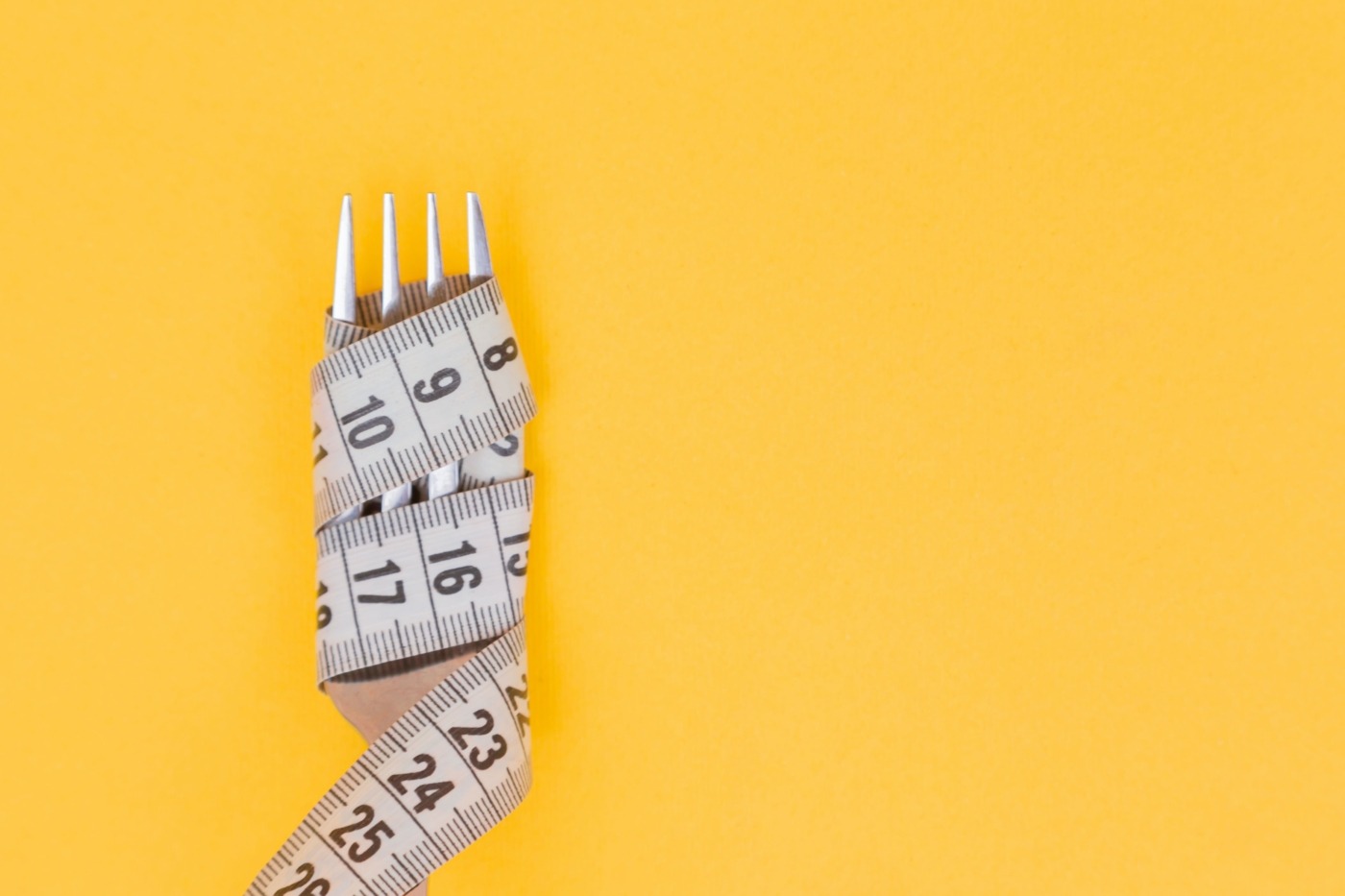Are food tracking apps problematic?
TW: weight loss, body image, eating disorders
Food tracking apps, or to put it more simply, calorie-tracking apps, may be a good tool for those looking to lose weight or to gain more muscle. However, if not used carefully, they can also be extremely toxic and even potentially lead to issues with body image or eating disorders. The purpose of this article is to explore different ways in which such apps may be used, but please bear in mind that only you can know whether an app like this would work for you.
When thinking about food tracking apps, MyFitnessPal immediately comes to mind. Of course, there are many more, but this is the most well-known. On this app, you can set a goal weight and how quickly you want to reach it. The idea is simple, you can input your meals and exercise, and in return, the app will let you know how many calories you have remaining for the day.
The main emphasis lies solely on the number of calories you consume
I think calorie tracking can be quite a dangerous way to work towards your fitness goals as it is very easy to start obsessing over the numbers and linking your calorie deficits to your self-worth. Beat, an eating disorder charity, has said that for those recovering from eating disorders in particular “mobile apps could exacerbate unhealthy behaviours and make recovery harder”.
I believe that in the general field of weight loss (or gain), there is often too much focus placed on the numbers on the scale and the number of calories you consume. Everybody is different and self-love and acceptance should be at the forefront. If you want to lose or gain some weight, of course having a rough estimate of how much you weigh and want to weigh might be a good starting point. However, it is crucial to monitor yourself to ensure this does not become obsessive.
While there is the option to add other goals on MyFitnessPal, such as nutrient goals and workouts per week, the main emphasis lies solely on the number of calories you consume. There are healthier ways to reach your fitness goals; for example, you could aim to get 10,000 steps a day or start eating more vegetables. Calorie counting can be a useful tool, particularly if you are an athlete and need to stay in shape, however, I don’t think that should be used by everyone.
We tend to forget how easy it is to fall into the dangerous trap of extreme calorie counting
Another issue I have with calorie counting is that it is not always accurate. If you are trying to lead a healthier lifestyle, you are likely not often opting for processed and packaged foods with the calories and nutrients clearly written on them. Therefore, if you want to add your homemade meal to MyFitnessPal, it isn’t as straightforward as you may think. You can either input the data manually by creating a recipe and making note of all the ingredients used, or you can choose something that sounds like what you had from the options already available.
None of these solutions is particularly helpful if you are trying to accurately track your calories, so is there even a point in tracking them at all. As mentioned, it is possible to use MyFitnessPal responsibly however we tend to forget how easy it is to fall into the dangerous trap of extreme calorie counting. If you use such an app, it would be a good idea to occasionally allow yourself some time off it. Always remember that you are not defined by numbers. If you feel you are struggling then please reach out for help.

Comments